The word “estate” conjures images of great wealth, which may be one of the reasons so many people don’t develop estate plans – after all, they’re not rich, so why make the effort? In reality, though, if you have a family, you can probably benefit from estate planning, whatever your asset level. And you may well find that a comprehensive estate plan can help you answer some questions you may find unsettling – or even worrisome. Here are a few of these questions: What will happen to my children? With luck, you (and your co-parent, if you have one) will be alive and well at least until your children reach the age of majority (either 18 or 21, depending on where you live). Nonetheless, you don’t want to take any chances, so, as part of your estate plans, you may want to name a guardian to take care of your children if you are not around. You also might want to name a conservator – sometimes called a “guardian of the estate” – to manage any assets your minor children might inherit. Will there be a fight over my assets? Without a solid estate plan in place, your assets could be subject to the time-consuming, expensive – and very public – probate process. During probate, your relatives and creditors can gain access to your records, and possibly even challenge your will. But with proper planning, you can maintain your privacy. As one possible element of an estate plan, a living trust allows your property to avoid probate and pass quickly to the beneficiaries you’ve named. Who will oversee my finances and my living situation if I become incapacitated? You can build various forms of protection into your estate planning, such as a durable power of attorney, which allows you to designate someone to manage your financial affairs if you become physically or mentally incapacitated. You could also create a medical power of attorney, which allows someone to handle health care decisions on your behalf if you become unable to do so yourself. Will I shortchange my family if I leave significant assets to charities? Unless you have unlimited resources, you’ll have to make some choices about charitable gifts and money for your family. But as part of your estate plans, you do have some appealing options. For example, you could establish a charitable lead trust, which provides financial support to your chosen charities for a period of time, with the remaining assets eventually going to your family members. A charitable remainder trust, by contrast, can provide a stream of income for your family members for the term of the trust, before the remaining assets are transferred to one or more charitable organizations. As you can see, careful estate planning can help you answer many of the questions that may be worrying you. Be aware, though, that certain aspects of estate planning, especially those related to living trusts and charitable trusts, can be complex, so you should consult your estate-planning attorney or qualified tax advisor about your situation. But once you’ve got your plans in place, you should be able to face the future with greater clarity and confidence. This article was written by Edward Jones for use by your local Edward Jones Financial Advisor. Edward Jones, its employees and financial advisors are not estate planners and cannot provide tax or legal advice. Never miss a meeting or community event – keep an eye on the community calendar at https://www.thefallonpost.org/events/ If you like what we’re doing, please support our effort to provide local, independent news and contribute to The Fallon Post, your online news source for all things Fallon. 
Estate Plans can help you answer questions about the future
- 07/19/2019 04:55 AM (update 04/11/2023 01:45 AM)


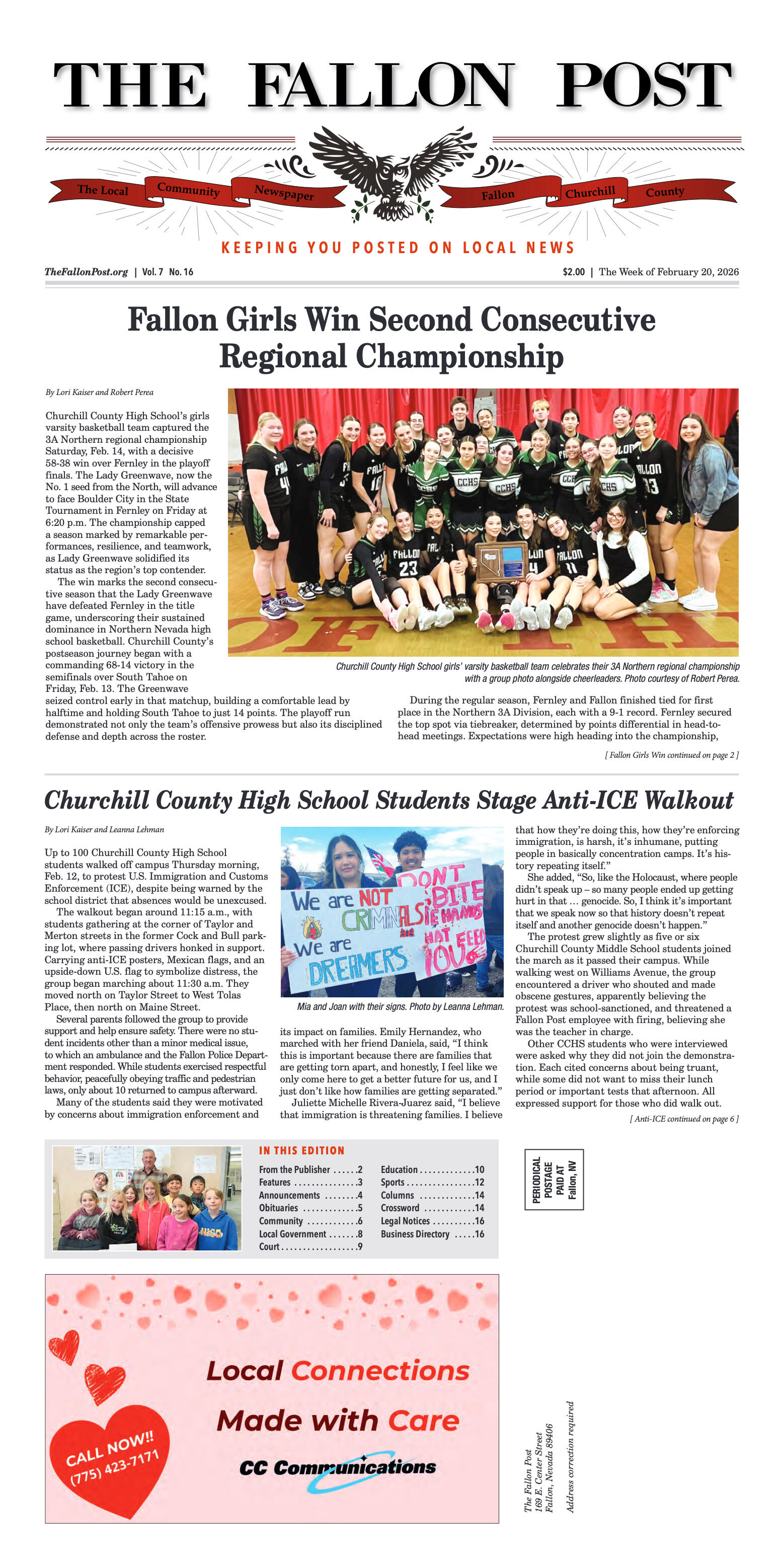

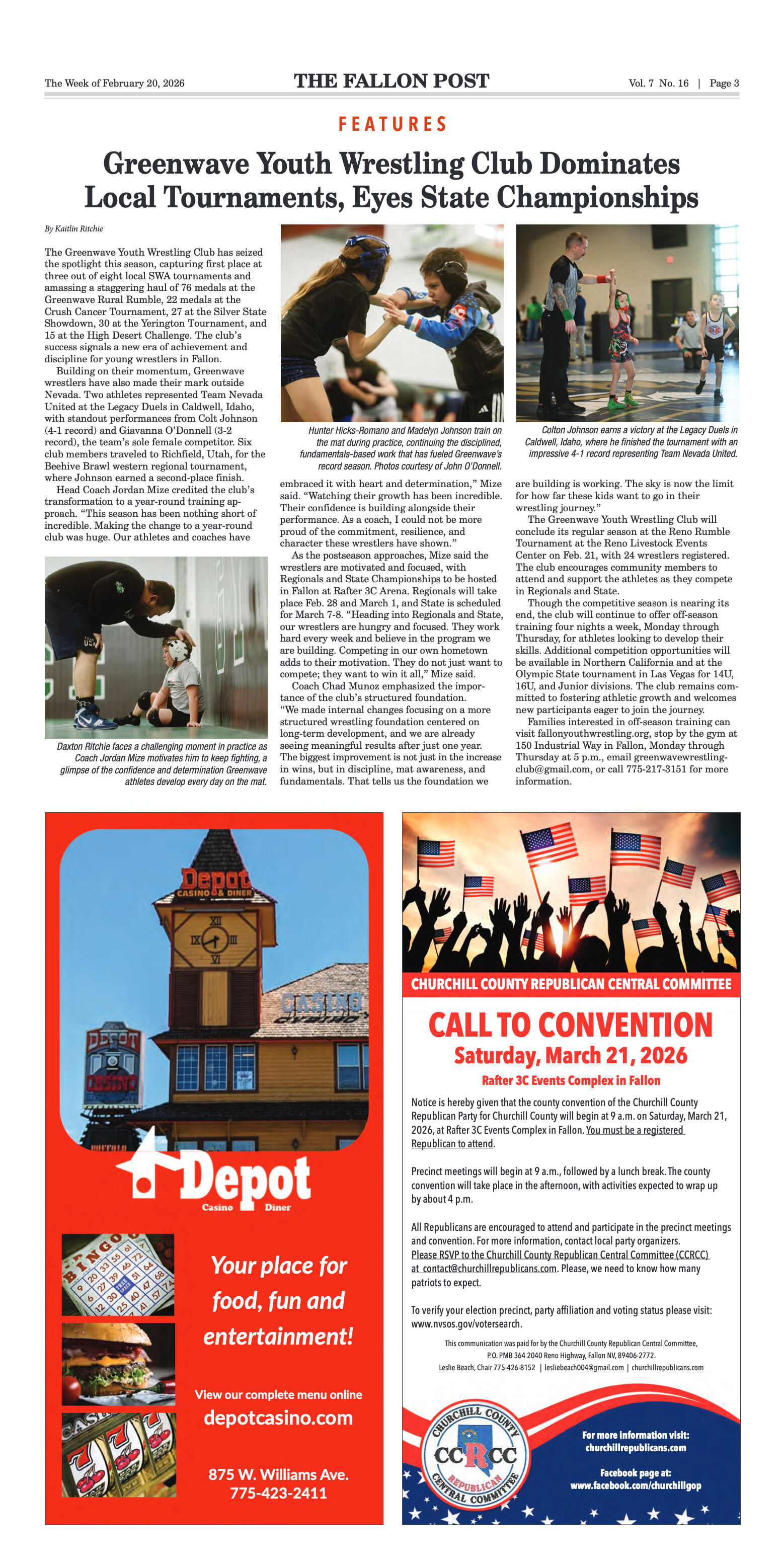
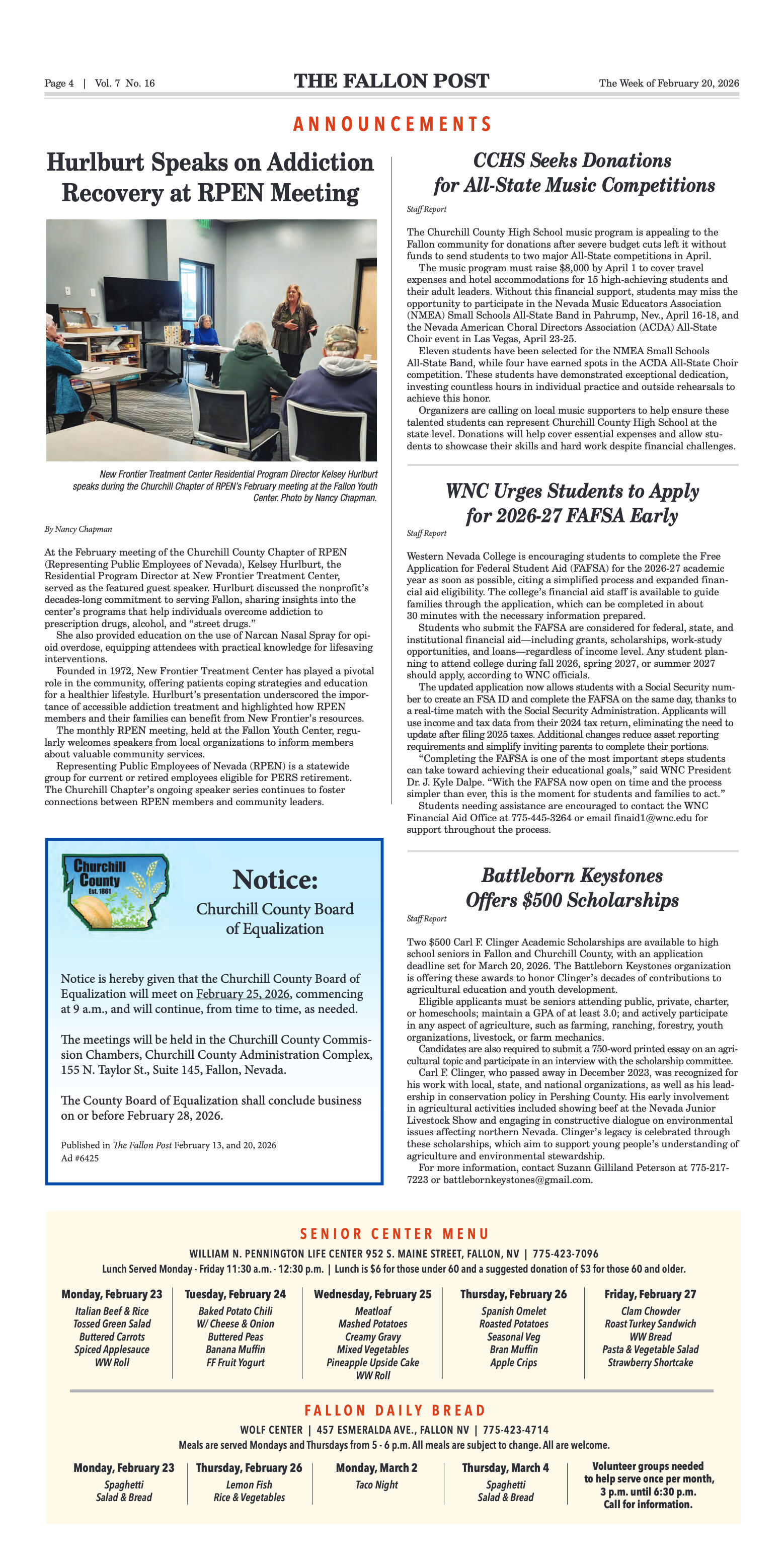
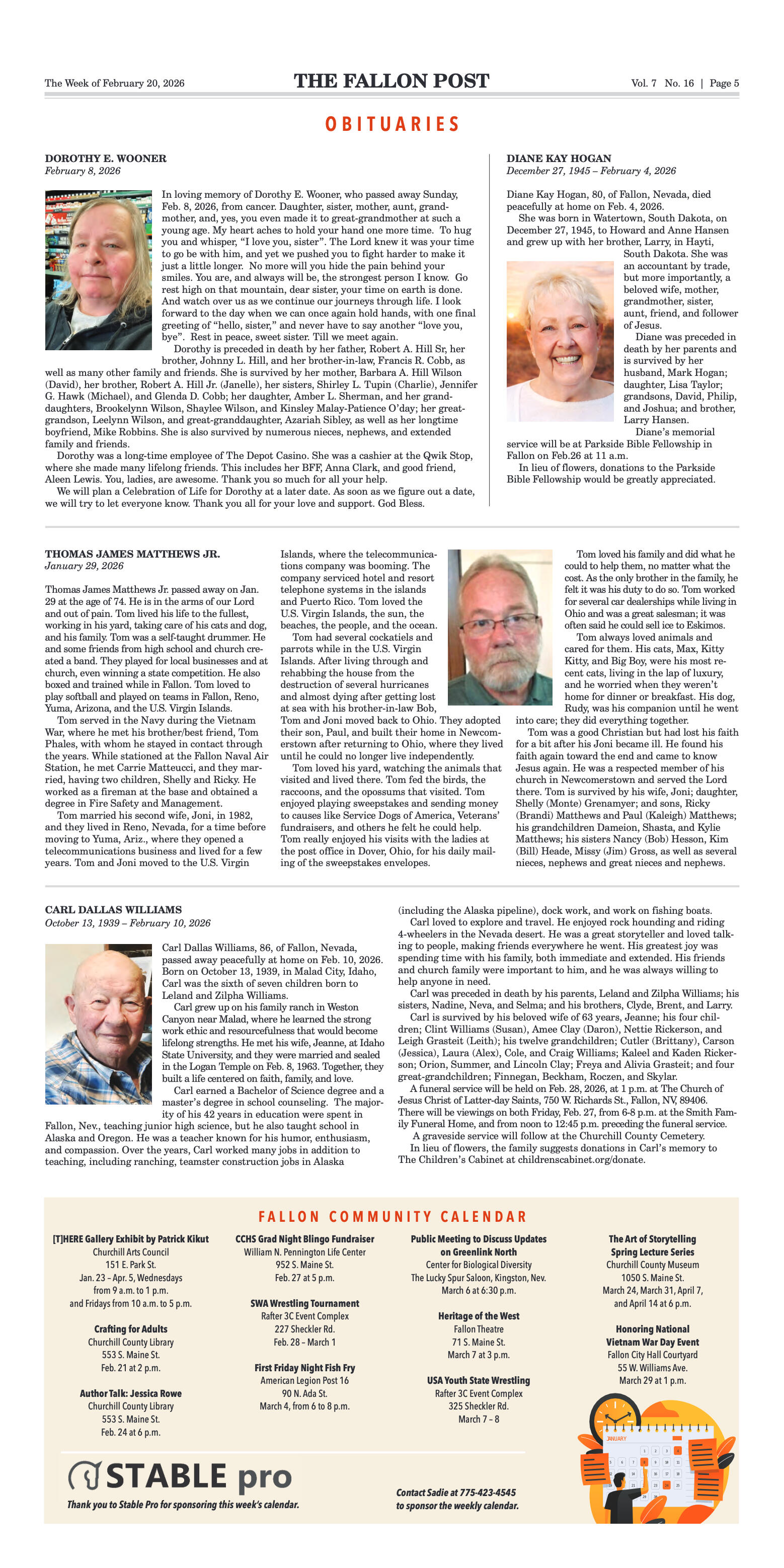
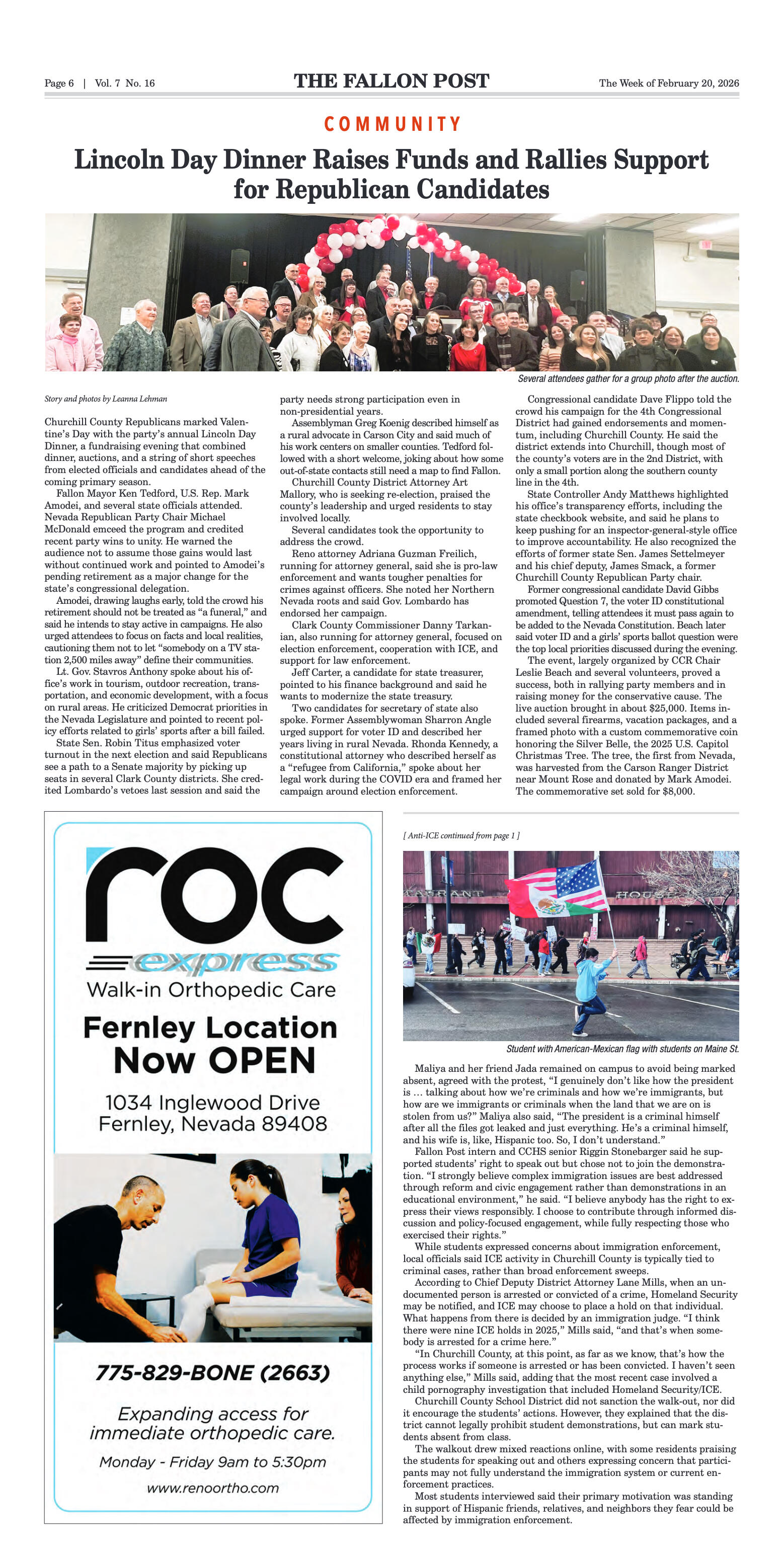


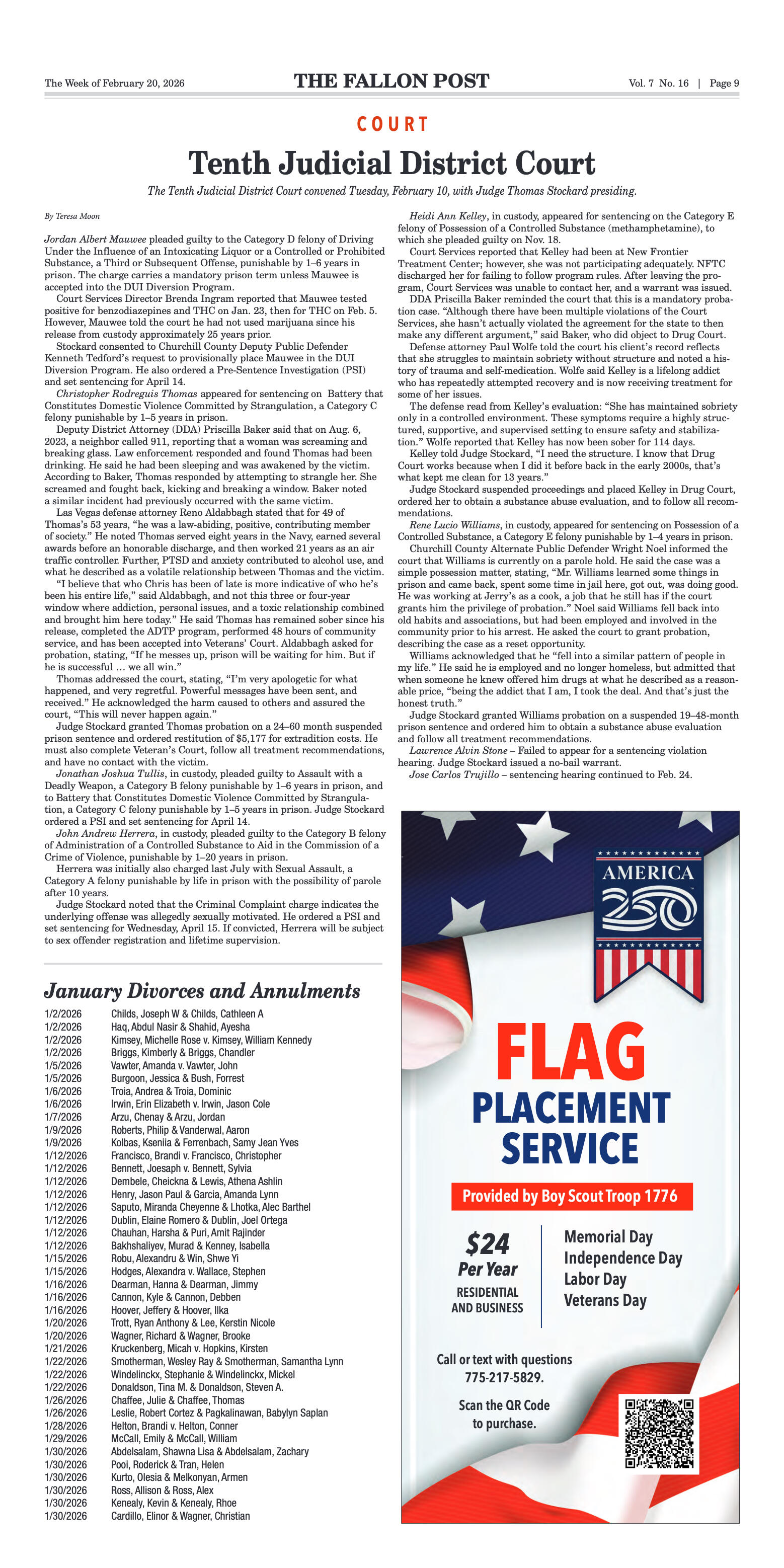



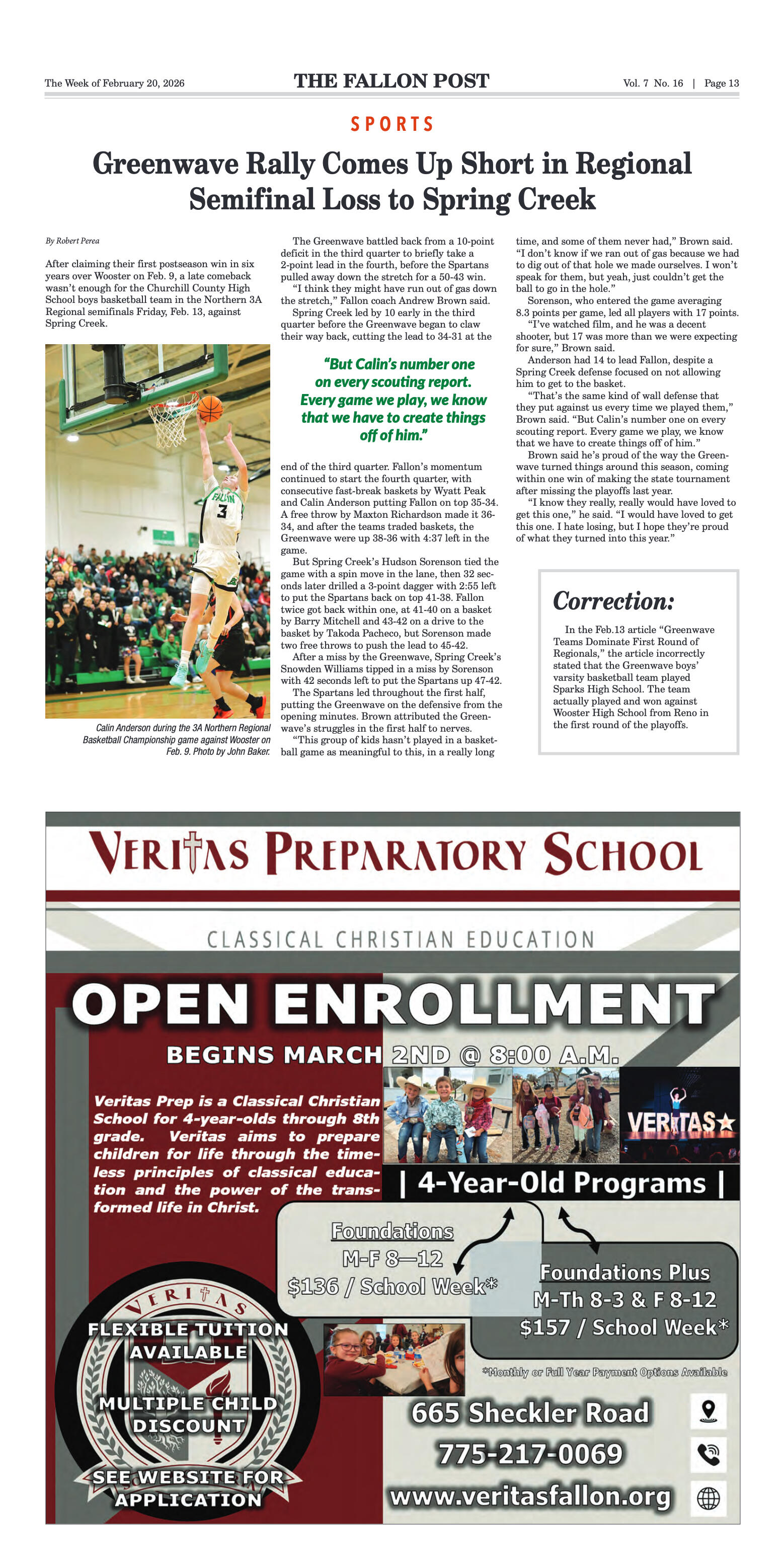


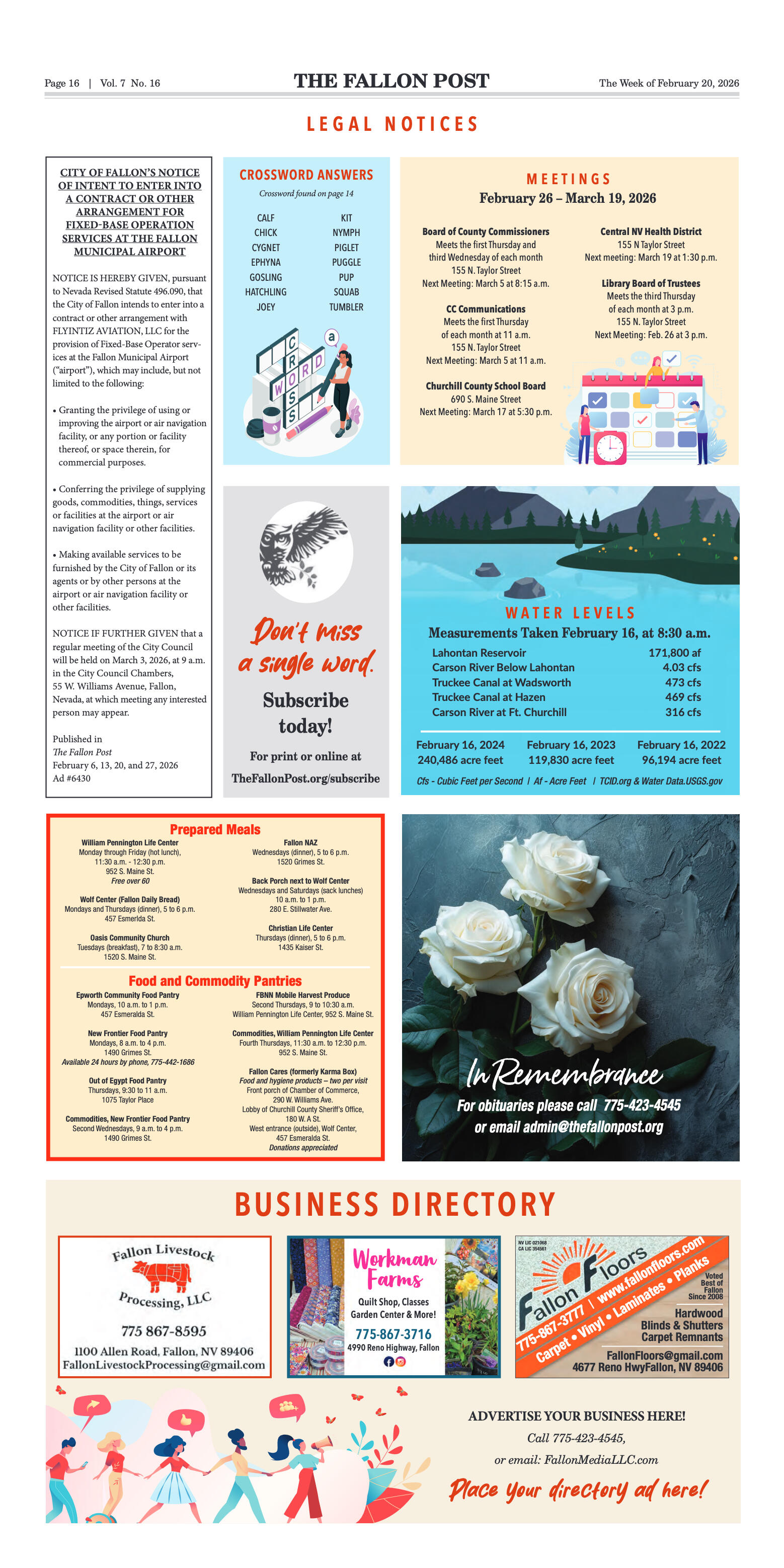


























Comment
Comments